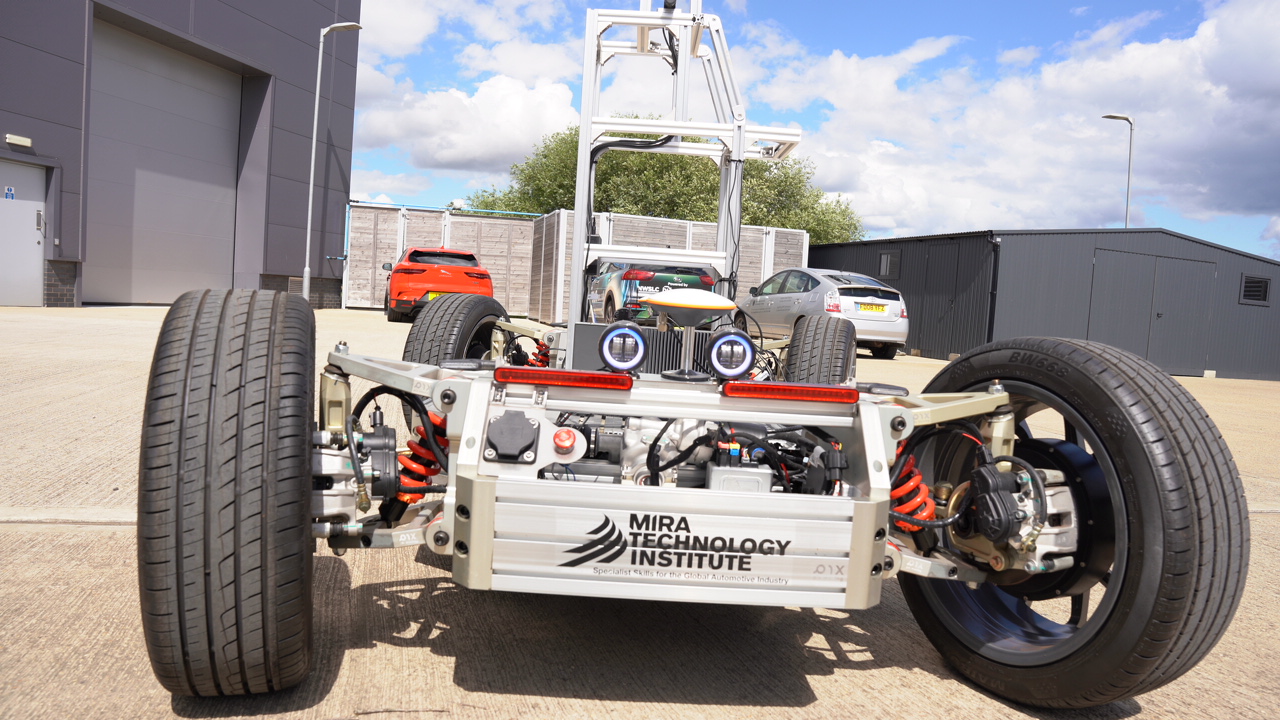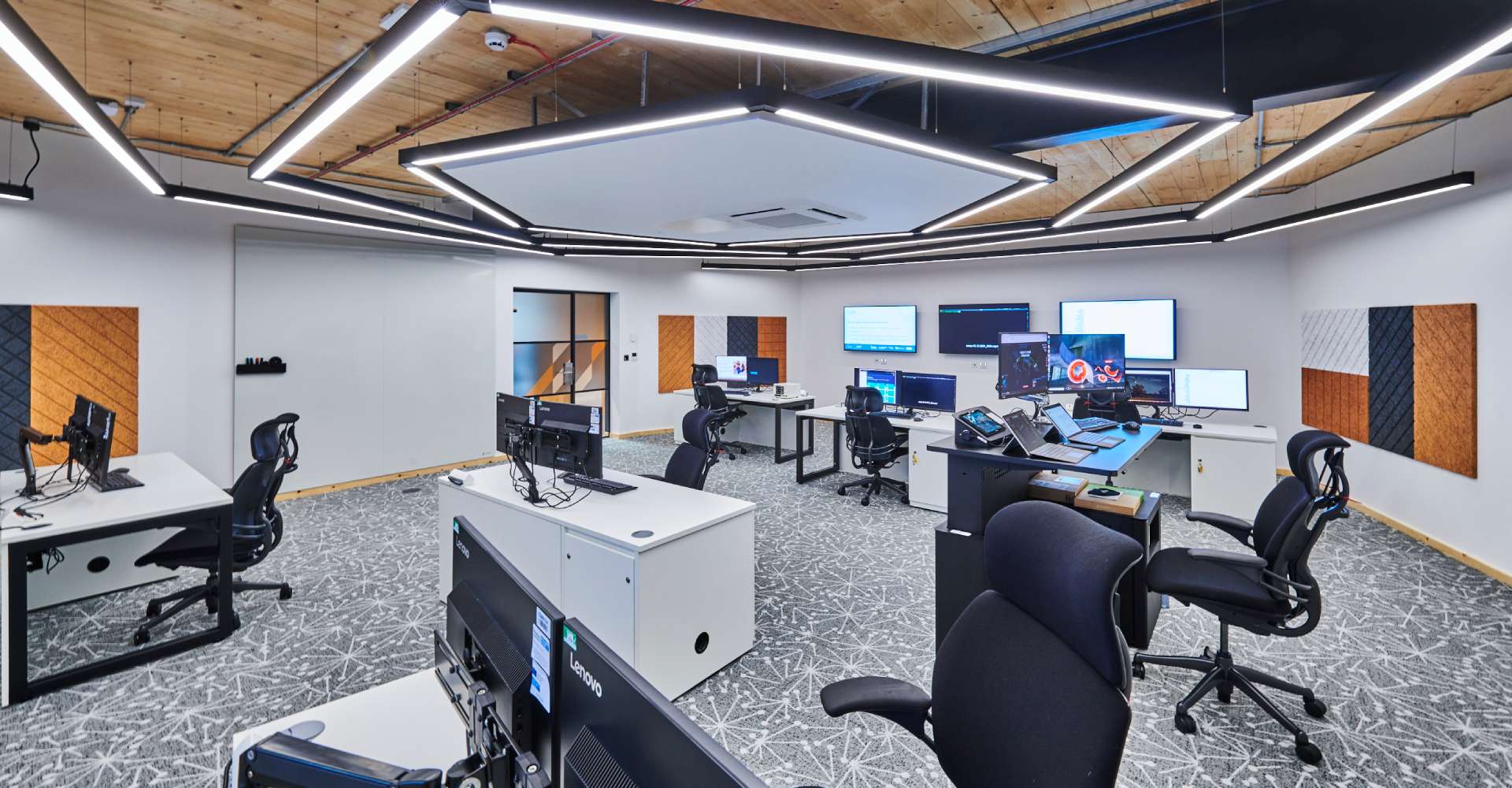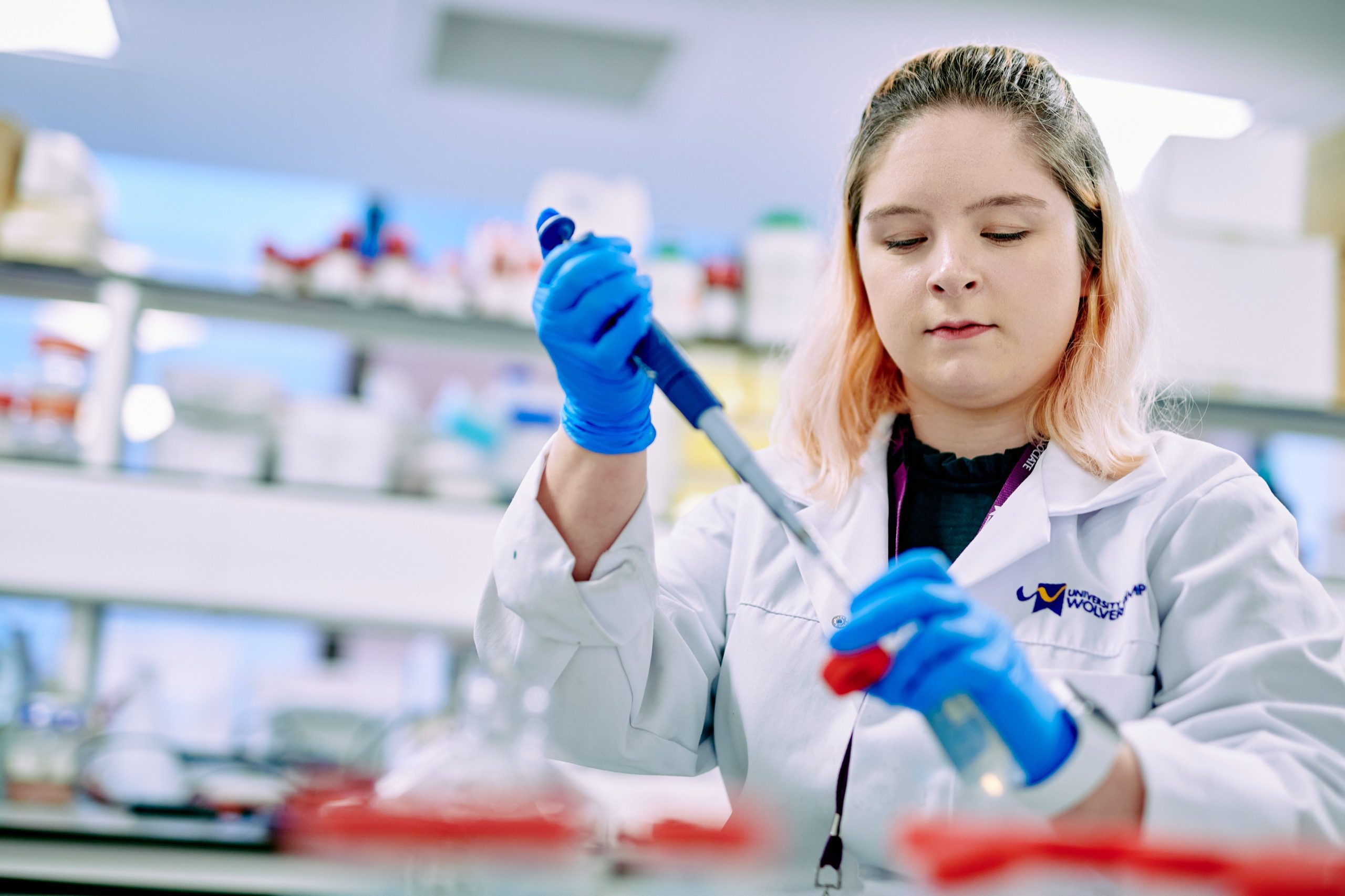The Future’s Green for Britain’s Automotive Heartland
Margot James Case Study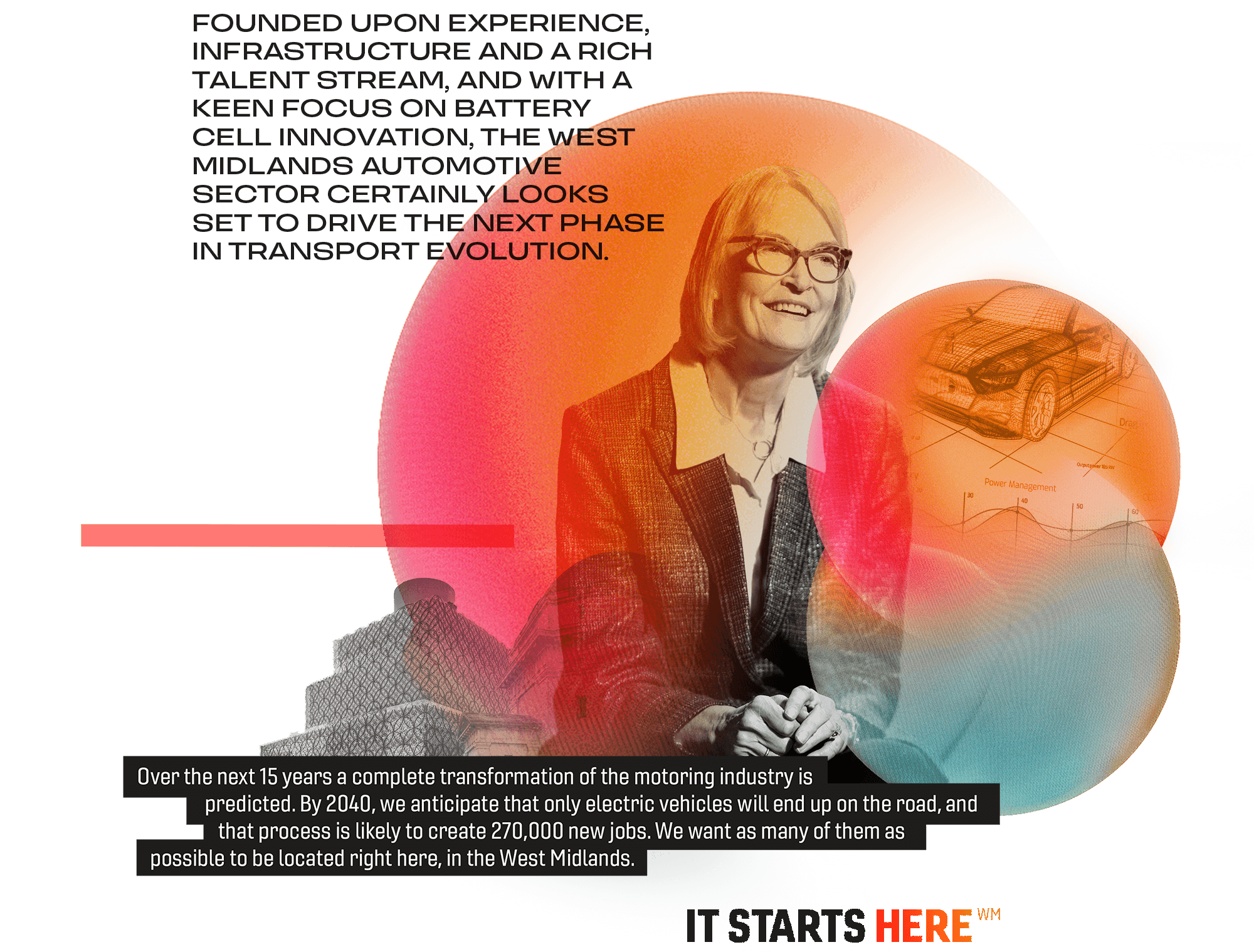
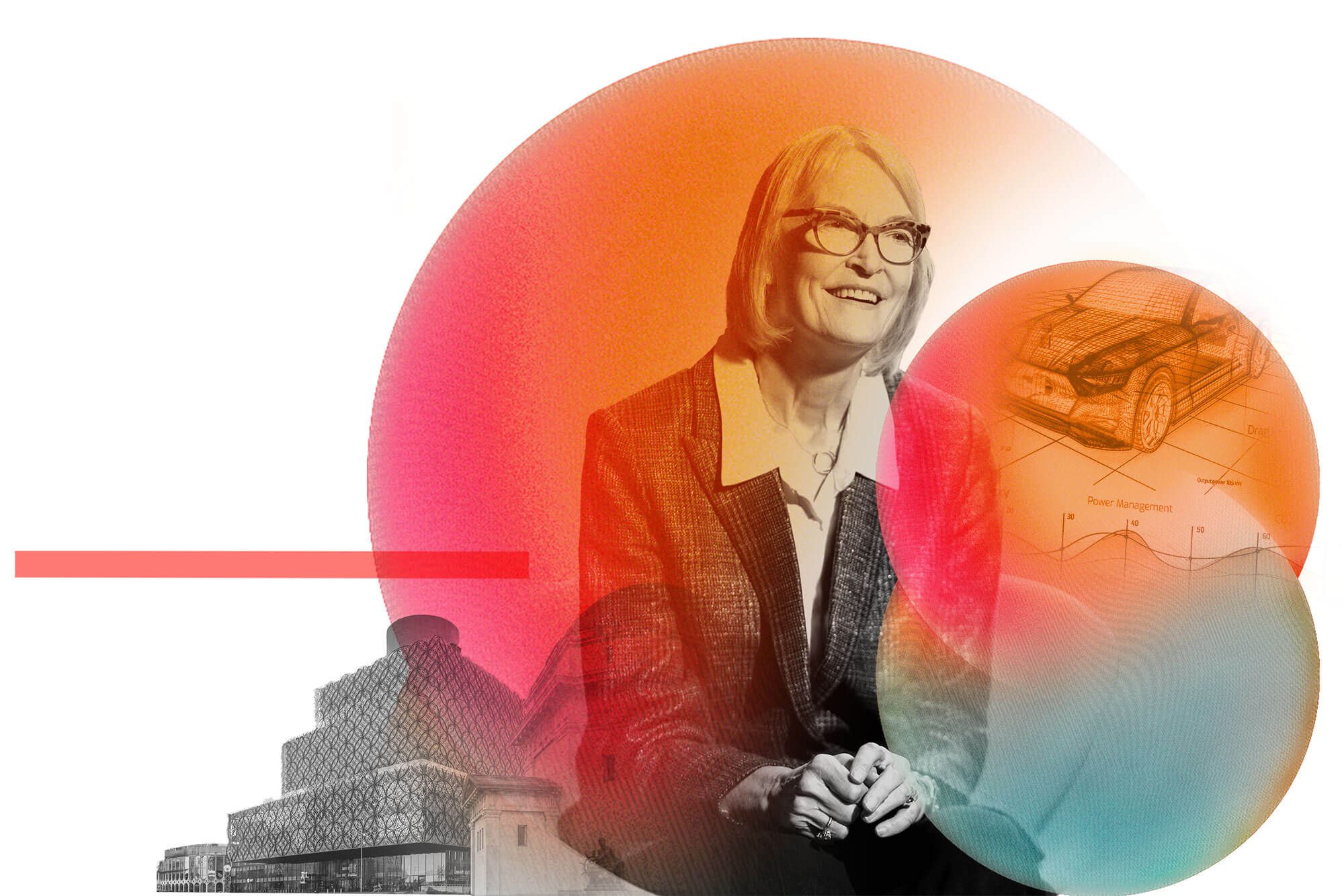
The West Midlands has a rich heritage as the nation’s automotive heartland. With a focus on decarbonisation and a push towards net zero by 2050, how is the region answering the need for greener transport solutions? Margot James, Chair of the Advisory Board to the West Midlands Electric Lightweight Vehicle and Battery Storage Cluster, believes decarbonisation represents an exciting regional opportunity.
“Over the next 15 years a complete transformation of the automotive industry is predicted. By 2040, we anticipate that only electric vehicles will end up on the road, and that process is likely to create 270,000 new jobs. We want as many of them as possible to be located right here, in the West Midlands.”
James, born and raised in Coventry and Warwickshire, and formerly the Member of Parliament for the West Midlands constituency Stourbridge, is proud of the region’s rich automotive heritage. “Our history as the centre of Britain’s automotive industry has given rise to a skilled workforce and a robust supply chain – two reasons why our region punches above its weight when it comes to exports and trade. We have such a wealth of knowledge and experience, creating an impressive talent pool. But it’s the next step in the journey that’s important. The key to the electrification of vehicles is battery manufacturing companies making cars and light vehicles will make them near where batteries are produced.”
James can see a strong picture emerging for innovation in the West Midlands.
“Within the region, we’re fortunate to have the government-supported battery industrialisation centre, UKBIC. This allows companies to produce different kinds of battery formulation and test them in a real-life manufacturing setting, so they can really refine their product and get the best possible battery for their particular vehicle. And we’ve got leading academic research into battery materials and cells at the University of Warwick through the Warwick Manufacturing Group.”
James recognises that the private sector plays a vital role in defining and propelling innovation, with Jaguar Land Rover and its parent company, Tata Motors, both based in the Midlands. But, she is anxious that creativity is supported by a progressive regulatory framework.
“Autonomous vehicles are the future too. It’s good news that government regulations have been relaxed over the last 12 months to allow more testing in real road situations. But if we compare progress internationally, we can see that it is already possible to hire autonomous vehicles in the US. It’s so important we don’t fall behind in the UK. We’ve got to push for a more nimble regulatory environment here in Britain because autonomous vehicles are the future along with battery development. We’ve got pioneering research going on in our region, and we need a regulatory environment that enables commercialisation locally.”
With such big players already occupying West Midlands’ automotive space, prospective new entrants might feel there isn’t room for smaller businesses or competitors. Margot James emphasises the role of small and medium-sized businesses, particularly where innovation is concerned. “The larger organisations in the sector have been smart in galvanising smaller businesses, enabling them to retain their autonomy, but integrating their innovations into their supply chains. I think that’s going to continue to be a feature of the sector as we move forward.”
James points out that the industry is at a pivotal stage of development.
“When you fast forward 10 or 15 years, as electric vehicles start reaching their end of life, all of those cars are going to need to be recycled, repurposed; the batteries are going to have to be recycled. This represents a huge extension to existing industries. There are companies that are going to be servicing the complete battery life cycle, so it becomes an industry in its own right with great potential for growth.”
With the sector evolving so rapidly, James is excited that the West Midlands has been designated an Investment Zone. She says that the Birmingham Knowledge Quarter and the Coventry and Warwick Investment Zone will provide tax incentives for investors, supply chain development, skills development, support for R&D, and innovation in the area of battery manufacture. These tax incentives aren’t only available to companies relocating from abroad – existing UK companies and investors are also eligible.
James says that if any businesses are considering establishing themselves within the West Midlands, then a conversation with the West Midlands Growth Company would be a good place to start.
“We’re finding quite a lot of interest from companies who are located in the Golden Triangle – the area around London, Oxford, Cambridge – but are no longer finding the facilities and the resources they need in that part of the country. The Growth Company have a very good intelligence system operating across the region so they know how to match the needs of incoming companies with the resources that are available. That would be a good place to start for companies interested in moving into our region.”
DIVE IN TO ANOTHER STORY:

Medherant Sticks to Success
It Starts Here

Riding the Wave of Disruptive Tech
It Starts Here
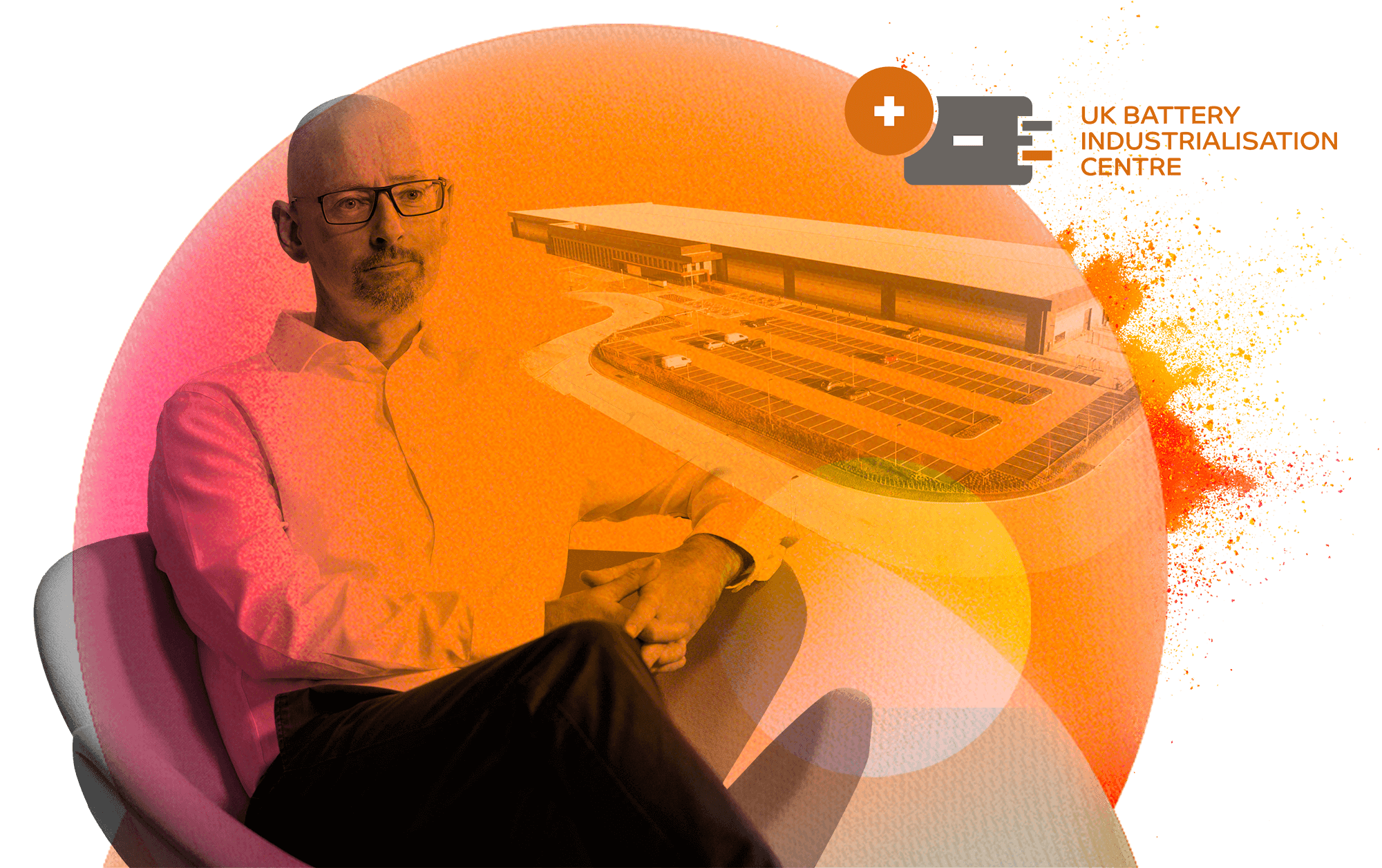
UKBIC Powers Nation Towards Electrification
It Starts Here
